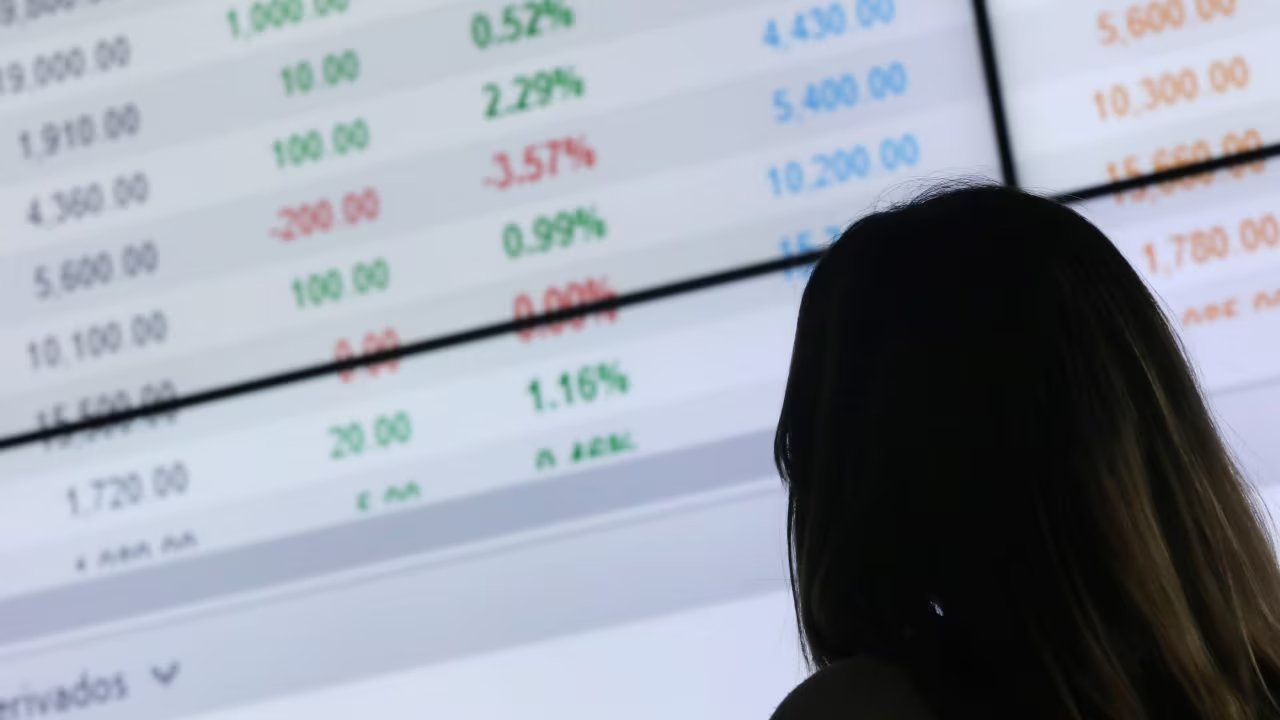The rise of fintech has revolutionized financial markets, with a noticeable shift in how forex trading operates. Forex, or foreign exchange trading, has become increasingly accessible, attracting traders of all levels. Platforms like FintechZoom Best Forex Broker—a popular financial news and analysis site—offer insights into the best forex brokers, helping traders make informed decisions. This article delves into what makes a forex broker stand out, highlights key brokers recommended by FintechZoom, and provides guidance on choosing the right one for your trading needs.
What is a Forex Broker and Why Does It Matter?
A forex broker is a financial service provider that allows traders to access the global currency markets. Brokers act as intermediaries, facilitating the buying and selling of currency pairs. Choosing the right broker is crucial, as it directly affects your trading performance and overall experience. Factors like competitive spreads, regulation, reliable customer service, and access to advanced trading tools can significantly impact the success of forex traders.
FintechZoom’s “Best Forex Broker” category evaluates brokers across several criteria to help traders find platforms that suit their needs, from beginners looking for ease of use to experts seeking advanced features.
Key Features to Look for in a Forex Broker
When selecting a forex broker, FintechZoom suggests focusing on the following critical elements:
1. Regulation and Security
Regulation ensures that the broker follows legal requirements, providing a secure environment for traders. Regulated brokers comply with industry standards to protect clients from fraud or malpractice.
- Look for brokers regulated by reputable bodies such as:
- FCA (UK)
- ASIC (Australia)
- CySEC (Cyprus)
- NFA (US)
A broker’s regulatory status ensures the safety of deposits and adherence to fair trading practices.
2. Trading Platform and User Experience
The trading platform is the primary interface where trades occur. FintechZoom emphasizes the importance of brokers offering user-friendly, stable platforms with advanced features. Popular platforms include:
- MetaTrader 4 (MT4): Best for automated trading and charting tools
- MetaTrader 5 (MT5): Advanced version of MT4 with more features
- cTrader: Known for its fast order execution and intuitive interface
A reliable trading platform with responsive tools helps users execute trades smoothly and access market analytics without delays.
3. Spreads and Fees
Forex brokers generate profits from spreads—the difference between the buy and sell prices of currency pairs—or through commissions. Low spreads and transparent fees ensure cost-effective trading, which is particularly essential for high-frequency traders.
- Fixed vs. Variable Spreads: Some brokers offer fixed spreads, which remain stable during market volatility, while others offer variable spreads that fluctuate based on liquidity.
FintechZoom highlights brokers with competitive spreads and low or no hidden fees as top picks for traders.
4. Leverage and Margin Requirements
Leverage allows traders to control larger positions with smaller capital, amplifying both profits and risks. Brokers offer varying leverage levels depending on regulatory restrictions. FintechZoom’s top brokers offer flexible leverage, such as 1:30 for retail traders (in line with EU regulations) or up to 1:500 in regions with fewer restrictions.
5. Educational Resources and Customer Support
Top brokers provide educational materials, such as webinars, video tutorials, and eBooks, to help traders develop their skills. Additionally, responsive customer support is critical for resolving technical issues and queries in real time.
FintechZoom’s Recommended Best Forex Brokers
Based on their research and analysis, FintechZoom frequently lists the following brokers as some of the best in the industry:
1. IG Markets
- Regulation: FCA, ASIC, NFA
- Platform: Proprietary, MT4
- Key Features:
- Competitive spreads starting from 0.6 pips
- Access to over 17,000 markets, including forex and CFDs
- Comprehensive educational tools for beginners
IG Markets is known for its robust platform, excellent educational content, and a wide variety of tradable assets.
2. OANDA
- Regulation: CFTC, FCA, ASIC
- Platform: MT4, Proprietary
- Key Features:
- No minimum deposit requirement
- Competitive spreads with no commission on standard accounts
- Strong historical data and research tools
OANDA stands out for its flexibility with account types and access to premium market research.
3. XM Group
- Regulation: CySEC, ASIC, IFSC
- Platform: MT4, MT5
- Key Features:
- Leverage up to 1:500
- Low spreads starting from 0.1 pips
- Offers bonuses and promotions for new traders
XM Group is popular among traders for its low spreads, high leverage options, and frequent promotional offers.
4. eToro
- Regulation: FCA, ASIC, CySEC
- Platform: Proprietary
- Key Features:
- Social trading features for copying expert traders
- Wide range of asset classes, including forex, stocks, and cryptocurrencies
- User-friendly platform with a strong mobile app
eToro’s unique selling point is its social trading, which allows beginners to replicate the trades of experienced traders.
5. Pepperstone
- Regulation: ASIC, FCA
- Platform: MT4, MT5, cTrader
- Key Features:
- Ultra-low spreads starting from 0.0 pips on Razor accounts
- Fast execution speeds and VPS support for algorithmic trading
- Dedicated 24/5 customer service
Pepperstone is ideal for professional traders seeking fast execution and access to advanced trading platforms.
How to Choose the Best Forex Broker for Your Needs
Selecting the best forex broker depends on your trading style, experience level, and financial goals. Here are some factors to consider based on FintechZoom’s recommendations:
1. Identify Your Trading Style
- Day Traders: Look for brokers with low spreads and fast execution speeds.
- Swing Traders: A broker offering stable platforms with advanced charting tools is essential.
- Beginner Traders: Choose brokers with educational resources and easy-to-navigate platforms.
2. Check for Compatibility with Your Trading Tools
Ensure the broker supports your preferred trading platform, such as MT4 or MT5, especially if you rely on specific indicators, scripts, or automated trading strategies.
3. Account Types and Minimum Deposit
Some brokers require a minimum deposit to open an account, while others offer micro-accounts or no minimum deposit, making them accessible to new traders.
4. Evaluate the Broker’s Reputation and Reviews
Look for customer reviews and testimonials to gauge the broker’s reliability. FintechZoom regularly provides broker reviews and industry insights, helping traders make better-informed decisions.
The Future of Forex Trading: Trends to Watch
FintechZoom predicts several trends that will shape the future of forex trading:
1. AI-Powered Trading
Artificial Intelligence (AI) and machine learning are becoming integral to forex trading, enabling brokers to offer smarter tools, such as AI-driven trading bots and enhanced analytics.
2. Cryptocurrency and Forex Convergence
Many brokers now offer cryptocurrency trading alongside forex, reflecting the growing interest in digital currencies.
3. Sustainable and Ethical Trading
Brokers are focusing on sustainable investing, giving traders access to markets aligned with environmental and social values.
Conclusion
Choosing the best forex broker is essential for success in forex trading. FintechZoom provides valuable insights by evaluating brokers based on regulatory status, platform quality, spreads, customer service, and other key features. Brokers like IG Markets, OANDA, and eToro offer specialized services that cater to various trading needs.
By understanding your trading style, exploring platform features, and leveraging FintechZoom’s recommendations, you can select a broker that aligns with your goals. In an ever-evolving market, staying updated with the latest trends and reviews ensures that you remain ahead in your forex trading journey.



